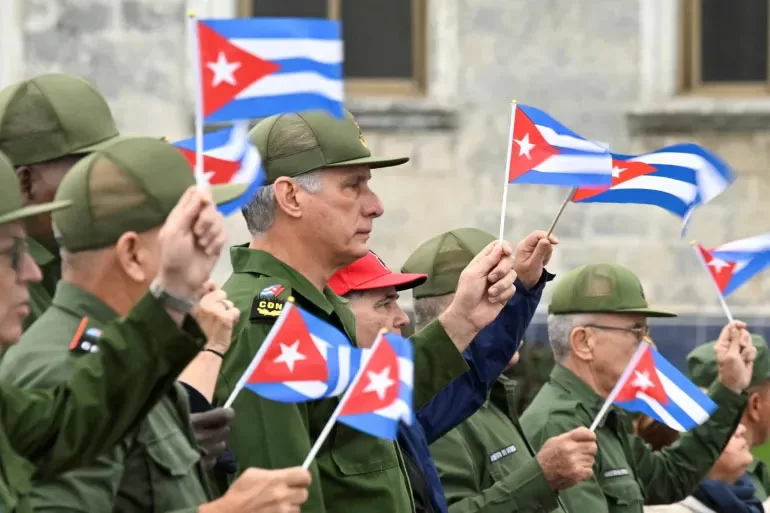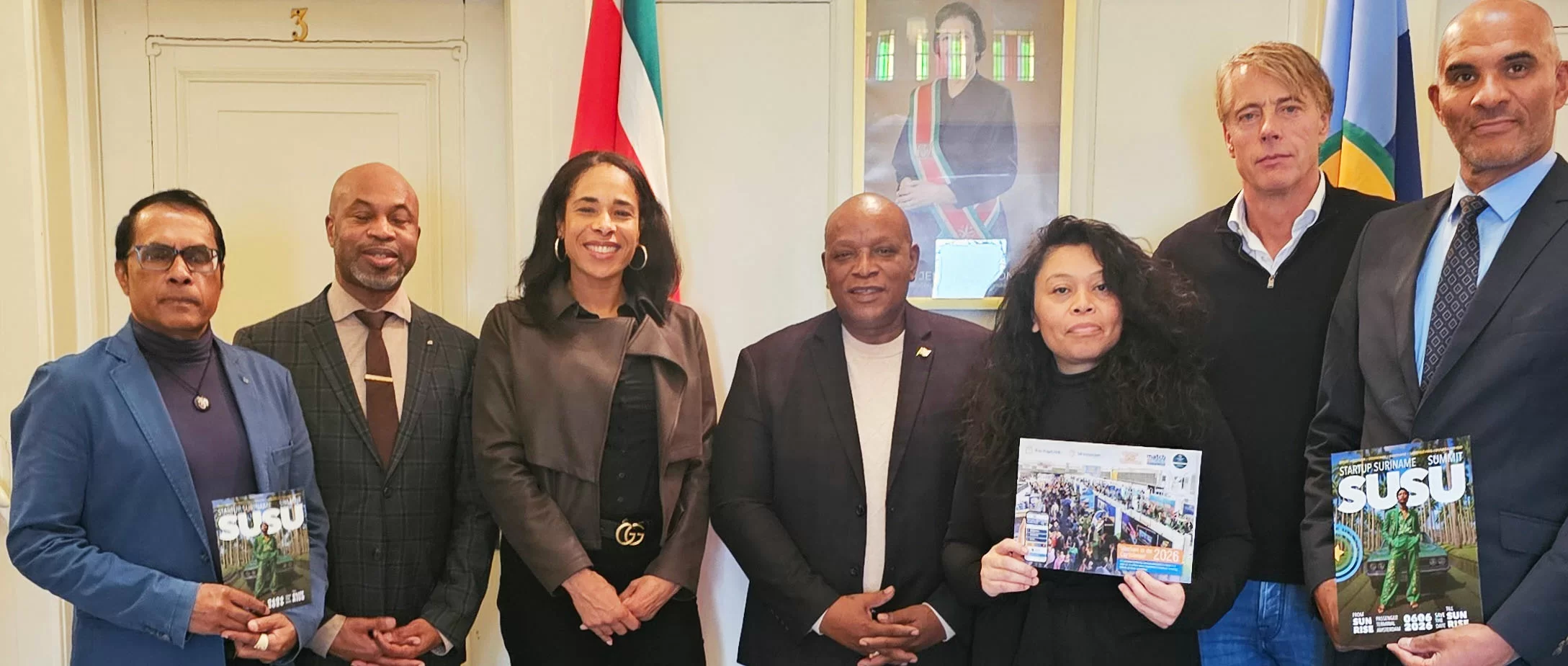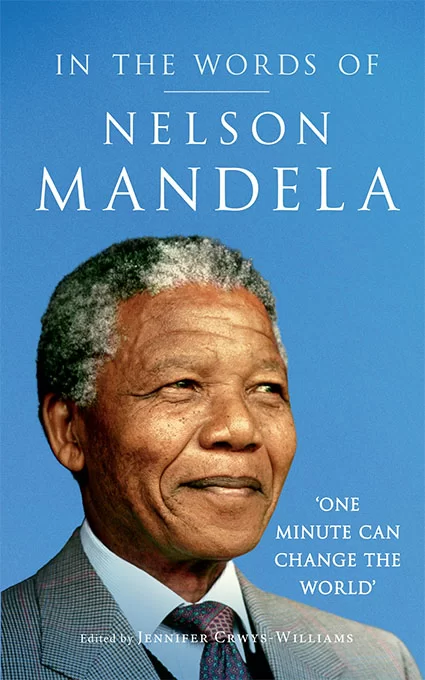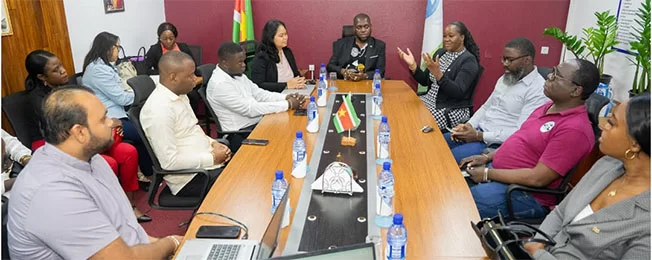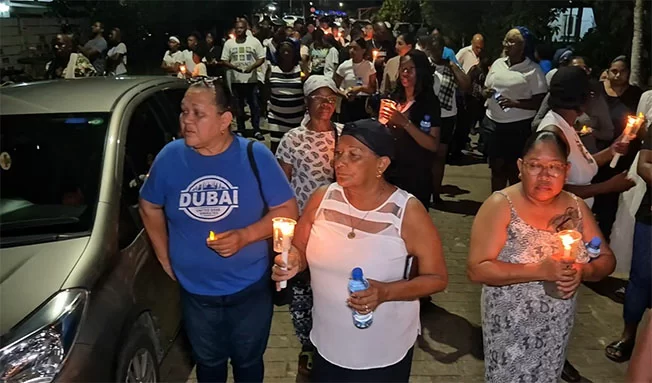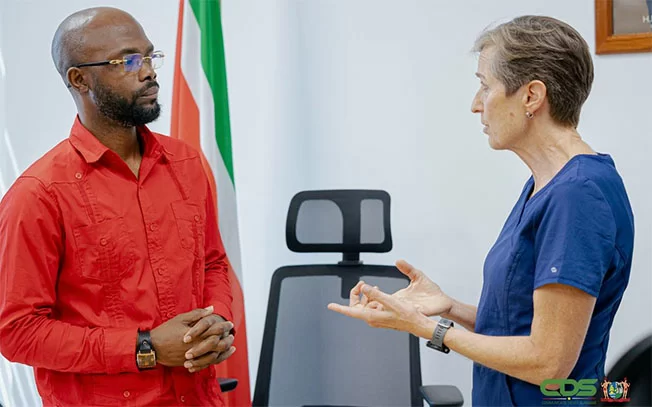Chinese President Xi Jinping’s sweeping anti-corruption campaign has penetrated his innermost circle with the announced investigation of General Zhang Youxia, his longtime ally and senior vice-chairman of China’s Central Military Commission (CMC). This unprecedented move demonstrates that even the closest personal connections offer no protection when party loyalty is questioned, fundamentally reshaping China’s political landscape.
Defense Ministry officials confirmed on Saturday that General Zhang—second only to Xi in military command hierarchy—faces scrutiny over “suspected serious violations of discipline and law.” The investigation marks a significant escalation in Xi’s decade-long corruption purge that previously targeted the Rocket Force leadership overseeing nuclear weapons and removed two defense ministers.
Analysts from Washington-based think tanks describe the development as “astonishing,” noting that Xi has effectively dismantled the PLA’s leadership structure to an unprecedented degree. The seven-member CMC now functionally operates with just two members following simultaneous investigations into Liu Zhenli, chief of joint staff.
The PLA Daily’s front-page editorial framed the investigations as a major achievement, accusing both generals of “seriously undermining and violating the Chairman Responsibility System”—the institutional mechanism granting Xi ultimate military decision-making authority. This suggests Zhang may have exercised power beyond prescribed boundaries, though no evidence of power struggle has been presented.
Notably, both Xi and Zhang belong to the “princeling” class—children of revolutionary veterans—with their relationship dating back decades. The 75-year-old general had been expected to retire in 2022 but was retained by Xi for an unusual third term, highlighting their historically close ties.
The leadership vacuum raises operational questions for the world’s largest military, with analysts suggesting joint exercises and major initiatives may slow until Xi rebuilds the command structure. Some expect comprehensive appointments during next year’s Communist Party Congress after thorough vetting of candidates.
Regional security implications are significant: the purge suggests diminished likelihood of immediate military action against Taiwan as Xi prioritizes internal consolidation. However, analysts warn this restructuring aims to create more capable and loyal military leadership that could pose greater future threats to regional stability.
As Xi continues his mission to ensure absolute political loyalty within party and military ranks, the investigation demonstrates his unwavering commitment to power consolidation—even at the cost of longstanding alliances.


